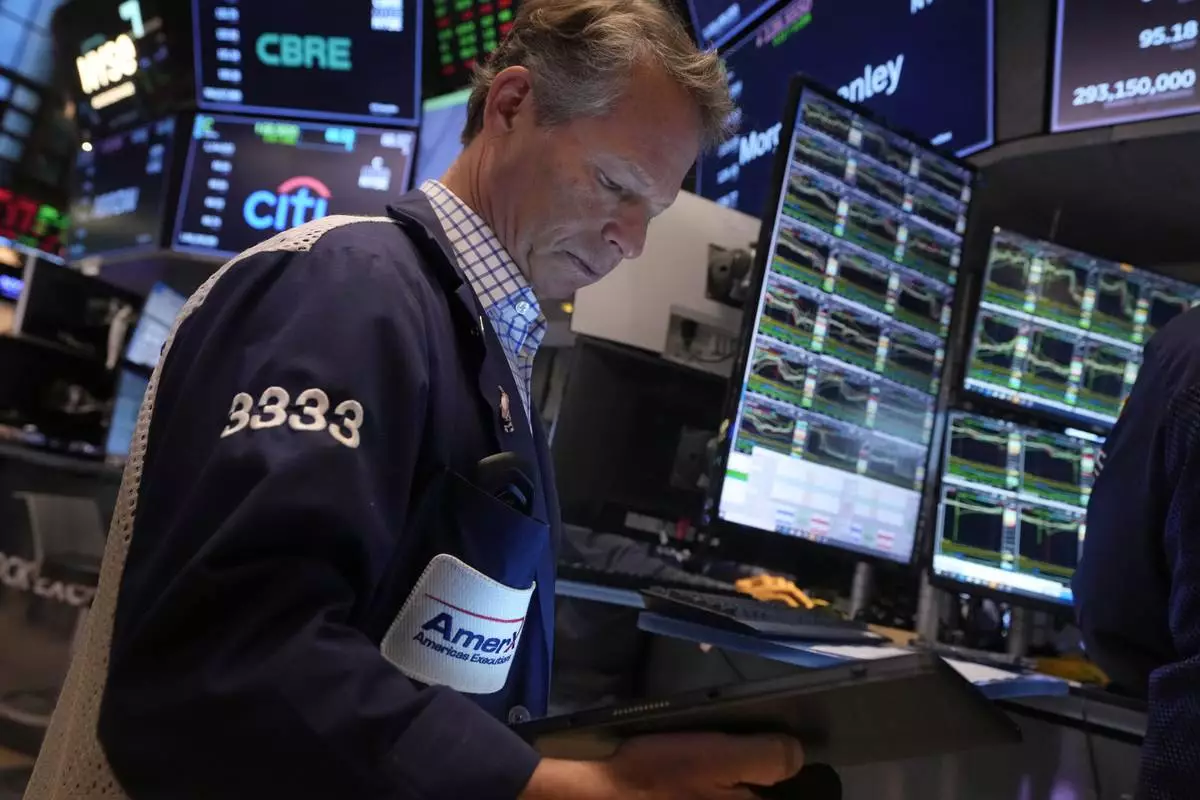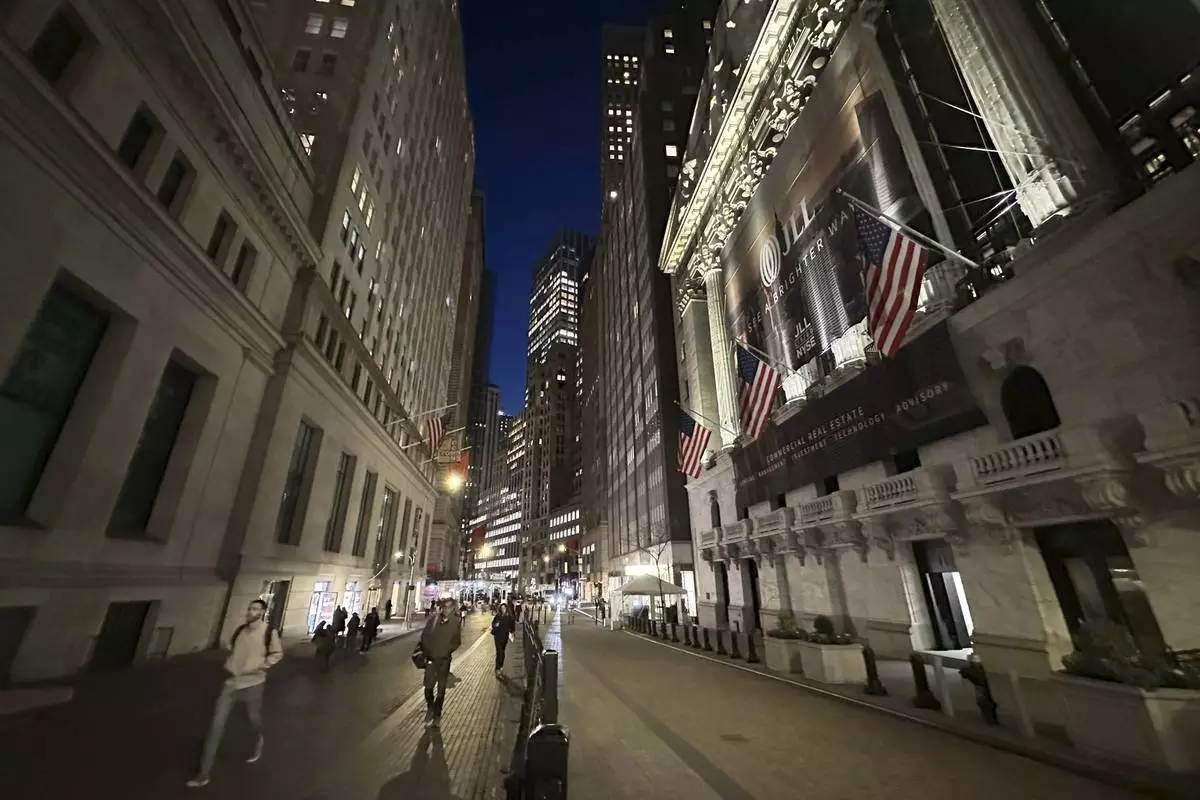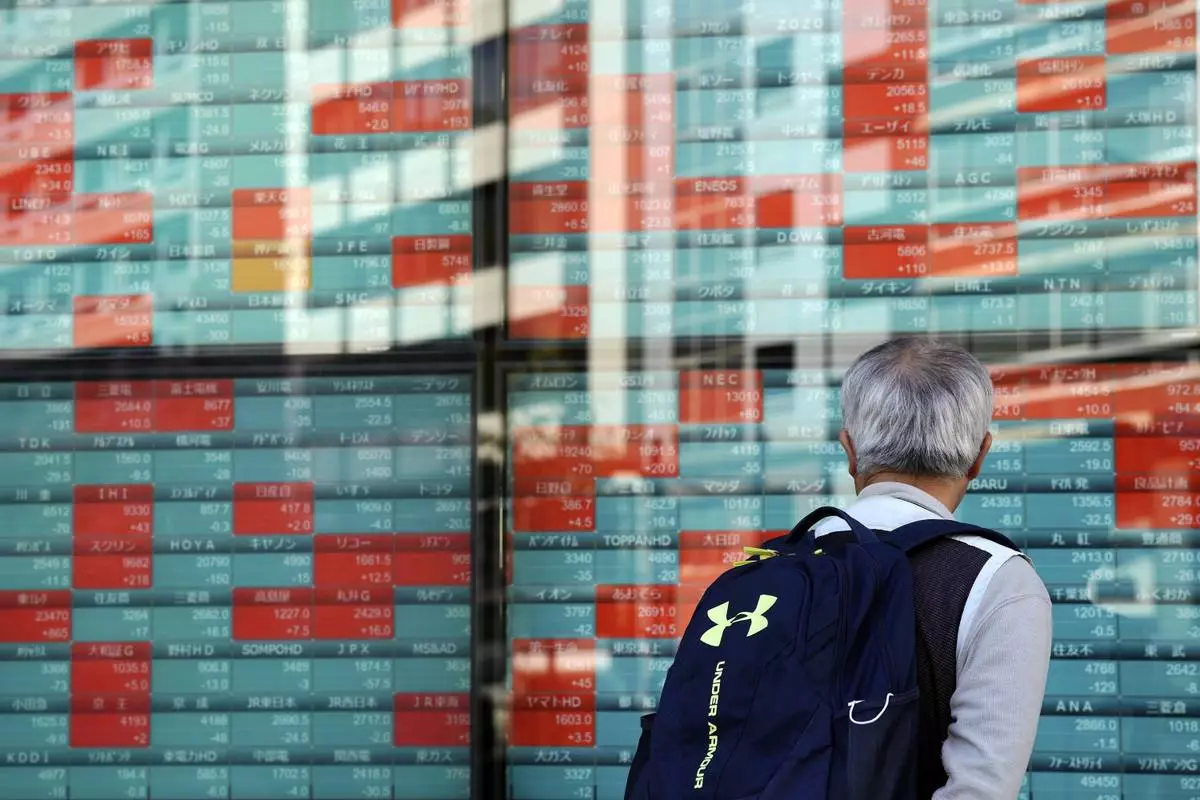KUALA LUMPUR, Malaysia (AP) — Malaysia has protested new maritime laws in the Philippines that it says encroach on its territory, a government official said Friday.
Deputy Foreign Minister Mohamad Alamin said Malaysia sent a protest note on Thursday over the Philippine laws. Experts have found that reference documents related to the laws restated Manila's long-standing claim over the oil-rich Malaysian state of Sabah in northern Borneo, he said.
Last week, Philippine President Ferdinand Marcos Jr. signed the Philippine Maritime Zones act and the Philippine Archipelagic Sea Lanes act, which reaffirmed the country’s maritime territories and right to resources, including in the South China Sea. They further cement Manila’s rejection of Chinese claims to virtually the entire South China Sea and stipulate jail terms and stiff fines for violators. The laws have also angered China.
China, Malaysia, the Philippines, Vietnam, Brunei, Indonesia and Taiwan all claim parts of the South China Sea. Confrontations between Chinese and Philippine coast guard and naval forces in the sea have surged since last year, sparking fears that the United States — Manila’s longtime treaty ally — might get drawn into a major conflict.
Mohamad Alamin was quoted by local media as saying in Parliament on Thursday that the new Philippine laws extend its claims into Malaysian boundaries mapped out in 1979 that were internationally recognized. He said the protest note demonstrated Malaysia's commitment to defend its sovereignty.
Sabah, which is two hours away by boat from the southern Philippines, and neighboring Sarawak on Borneo became part of Malaysia in 1963. The Philippines has long laid claims to Sabah, which was once part of the centuries-old sultanate of Sulu.

FILE - In this photo provided by the Malacanang Presidential Communications Office, Philippine President Ferdinand Marcos Jr., center, holds a document beside Senate President Francis Escudero, left, and House Speaker Martin Romualdez during the ceremonial signing of the Philippine Maritime Zones and Philippine Archipelagic Sea Lanes Act at the Malacanang presidential palace in Manila, Philippines, on Nov. 8, 2024. (Malacanang Presidential Communications Office via AP, file)
NEW YORK (AP) — U.S. stocks are falling toward their worst loss since Election Day on Friday as the big bump Wall Street got from last week's election of Donald Trump and cut to interest rates by the Federal Reserve keeps fading.
The S&P 500 sank 1.1% in morning trading and was heading for a losing week and its worst day since October. The Dow Jones Industrial Average was down 283 points, or 0.6%, as of 10:30 a.m. Eastern time, and the Nasdaq composite was 1.8% lower.
Makers of vaccines helped drag the market down after President-elect Donald Trump said he wants Robert F. Kennedy Jr., a prominent anti-vaccine activist, to be his Secretary of Health and Human Services. Moderna sank 7.1%, and Pfizer fell 3.4% amid concerns about a possible hit to profits.
The only stock to fall more in the S&P 500 was Applied Materials, which dropped 7.9% even though it reported a stronger profit for the latest quarter than analysts expected. The provider of manufacturing equipment and services to the semiconductor industry gave a forecasted range for upcoming revenue whose midpoint was short of analysts’ expectations.
The pressure is on companies to deliver big growth, in part because their stock prices have been rising so much faster than their earnings. That’s made the broad stock market look more expensive by a range of measures, which has critics calling for at least a fade. The S&P 500 is still up more than 23% for the year and near its all-time high set a few days ago, despite this week’s weakness.
Stocks had been broadly roaring since Election Day, when Trump’s victory sent a jolt through financial markets worldwide. Investors immediately began sending up stocks of banks, smaller U.S. companies and cryptocurrencies as they laid bets on the winners coming out of Trump’s preference for higher tariffs, lower tax rates and lighter regulation.
But investors are also taking into account some of the potential downsides from Trump’s return to the White House.
Besides Friday’s hit to vaccine makers, Treasury yields have also been climbing in the bond market on both the economy’s surprising resilience and worries that Trump’s policies could spur bigger U.S. government deficits and faster inflation.
That's forced traders to recalibrate how much relief the Federal Reserve could provide for the economy next year through cuts to interest rates. The Fed earlier this month lowered its main interest rate for the second time this year, and past forecasts published by Fed officials had indicated more cuts were likely to come through 2025.
Lower interest rates can act as fuel for the stock market and economy, particularly after the Fed had kept rates at a two-decade high, but they can also put upward pressure on inflation.
On Thursday, Fed Chair Jerome Powell suggested the U.S. central bank needs to be cautious about future decisions on interest rates. “The economy is not sending any signals that we need to be in a hurry to lower rates,” he said, though he declined to discuss how Trump’s policies could alter things.
Traders have since ratcheted back expectations for the Fed to cut rates again at its meeting next month, though they still see better than a coin flip’s chance of it, according to data from CME Group.
On Friday, Treasury yields were mixed in the bond market following several reports on the economy.
One showed shoppers spent more at U.S. retailers last month than expected, another signal that the most influential force on the economy remains solid.
“Many consumers were reporting that they were putting off trips and big ticket item purchases until after the election,” according to Brian Jacobsen, chief economist at Annex Wealth Management. “Many businesses reported they were putting off capital investment due to the election. Now that the uncertainty of the outcome is behind us, we could see some decent ‘relief spending.’”
Friday’s data on retail sales, though, may not be quite as strong as it appeared. After taking away purchases of automobiles, sales at retailers were weaker last month than economists expected.
A separate report, meanwhile, showed manufacturing activity in New York state is growing strongly. That soundly beat expectations for zero growth, and it comes off October’s contraction. Some of the survey’s responses were collected after Election Day.
In the bond market, the 10-year Treasury yield rose to 4.47% from 4.44% late Thursday. The two-year yield, which more closely tracks expectations for Fed action, slipped to 4.32% from 4.36% late Thursday.
In stock markets abroad, London’s FTSE 100 rose 0.1% after data from the Office for National Statistics showed economic growth slowed to 0.1% in the July-September quarter from the 0.5% in the previous quarter. It was weaker than expected.
Tokyo’s Nikkei 225 gained 0.3% after data showed growth for Japan’s economy accelerated in the latest quarter, even as the Bank of Japan raised interest rates in July.
AP Writers Matt Ott and Zimo Zhong contributed.

Trader Robert Charmak works on the floor of the New York Stock Exchange, Friday, Nov. 8, 2024. (AP Photo/Richard Drew)

People pass the New York Stock Exchange, right, on Wednesday, Nov. 13, 2024, in New York. (AP Photo/Peter Morgan)

FILE - Currency traders work at the foreign exchange dealing room of the KEB Hana Bank headquarters in Seoul, South Korea, Tuesday, Nov. 12, 2024. (AP Photo/Ahn Young-joon, File)

FILE - A person looks at an electronic stock board showing Japan's Nikkei index at a securities firm Wednesday, Nov. 13, 2024, in Tokyo. (AP Photo/Eugene Hoshiko, File)














